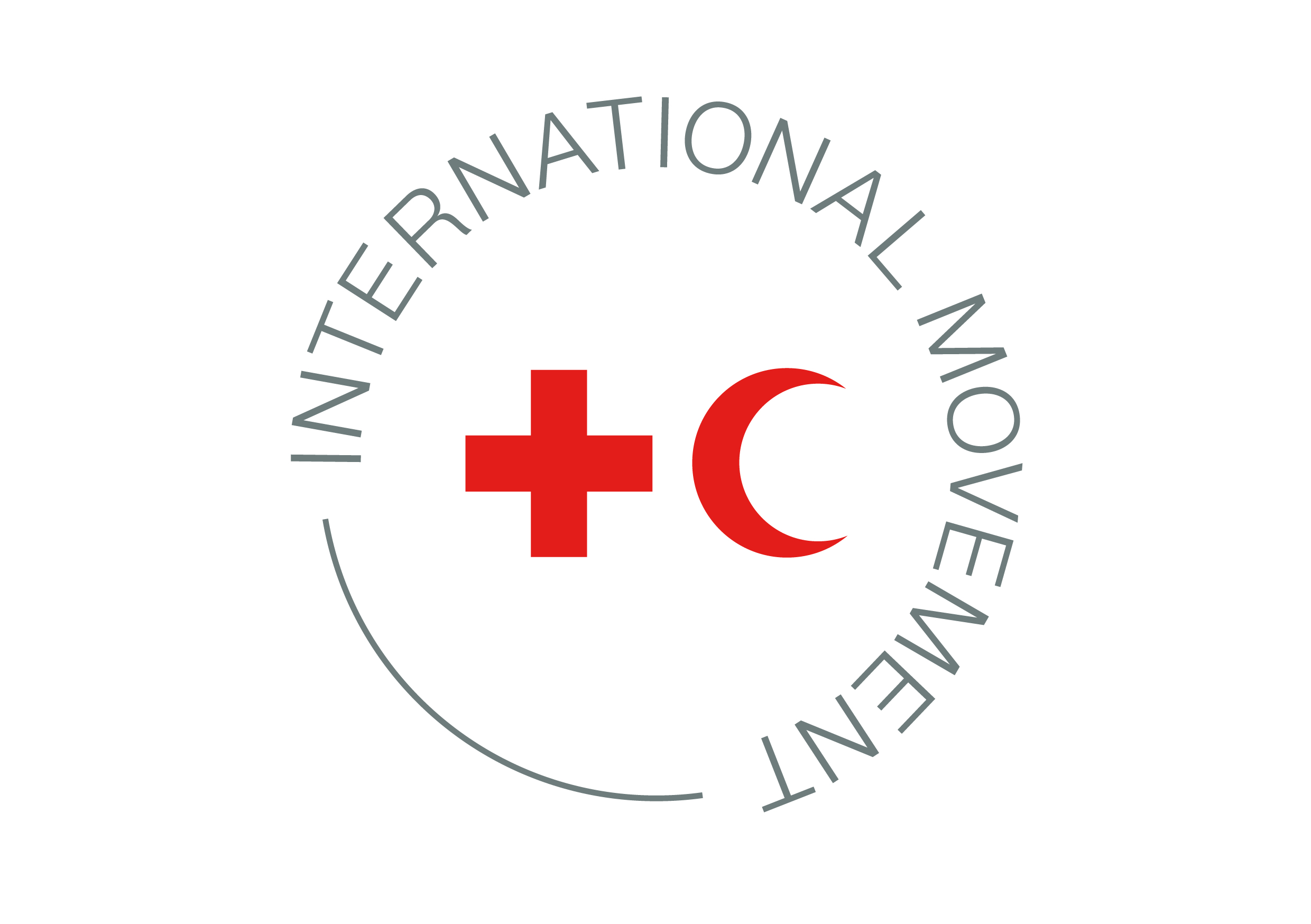A) Objectives of the pledge:
Following the World Conference « Health and Climate Change », organized by the French Red Cross on April, 15. & 16. in Cannes, on the occasion of the centenary of the International Federation of Red Cross and Red Crescent Societies,
Recalling the resolution 1 of the 30th International Conference of the Red Cross and Red Crescent in 2007,
Considering the discussions on the resolutions 3, 4 and 5 of the 33rd International Conference of the Red Cross and Red Crescent in 2019,
In compliance with the Paris agreement on climate signed by 195 countries,
In compliance with the Sustainable Development Goals adopted by the United Nations,
Considering that the consequences of climate change on people’s health worsen day by day and need a specific response, coordinated by all governmental and non-governmental stakeholders,
Considering that climate change exacerbates the existing situations of vulnerability and fosters the emergence of health, migration and humanitarian crises,
Recognizing that climate, ecosystems and Humanity are interconnected,
Recognizing that climate change violates the fundamental human rights and especially the right to health,
Reaffirming that the young generations play a leading role in the evolutions of the society and the behaviors,
Reaffirming that education and training are essential elements of the response to the health consequences of climate change,
Considering that each tenth of a degree of additional global warming has a significant impact on environment and human health[1], especially for the most vulnerable people.
Recognizing that radical transformations urgently need to be introduced to comply with the Paris Agreement on climate[2], to achieve carbon neutrality and limit global warming “well below 2 °C above pre-industrial levels and [to pursue] efforts to limit the temperature increase to 1.5 °C above pre-industrial levels”,
We commit, by the 34th International Conference of the Red Cross and Red Crescent in 2023, to contribute to :
- Place human health at the center of climate concerns
Constitute a network/community of “Health and Climate” actors, gathering Red Cross and Red Crescent National Societies, governmental actors, international organizations and civil society organizations, gathering expertise on health and climate, in order to :
- Develop the research to elaborate a common and shared basis of knowledge, useful to action and public decision, on the links between health and climate change, based on the experience of field actors;
- Promote the development of specific financing for the adaptation to the consequences of climate change and forecast-based financing;
- Encourage the individual and community’s commitment, using the existing know-how in order to strengthen the proximity response to the consequences of climate change beside the most vulnerable people ;
- Act for the recognition and the defense of a human right to a clean and sustainable environment.
- Educate and train to the health consequences of climate change
Prepare the public, especially the young generations, through education to first aid and to risk prevention of climate change consequences on health:
- During first aid and risk reductions trainings for National Societies;
- During scholarship for States
Train health and social workers to the links between health and climate change.
Engage and support the youth in low-cost low-tech climate action based on the Red Cross/Red Crescent general approach.
- Commit for climate change mitigation
Define a strategy of carbon emissions reduction to achieve the carbon neutrality before 2050, according to the scenario elaborated by the intergovernmental Panel on Climate Change to comply with Paris agreement.
[1] Special Report of IPCC in October 2018 on impacts of a global warming of 1,5°C, https://www.ipcc.ch/sr15/
[2] Ibid
B) Action plan:
Constitution of the network before the end of 2021.
Programs created by 2023
Strategy defined by 2023
C) Indicators for measuring progress:
- Place human health at the center of climate concernsIndications for measuring progress :
- Nomination of a representative of every Party of the pledge;
- Launch a collaborative digital platform ;
- Open discussions on how to act on each objective of the network/community ;
- Conduct studies and produce data to support discussions and reflection of the network/community.
- Educate and train to the health consequences of climate changeIndications for measuring progress :
- For National Societies, create a specific program on sanitary consequences of climate change in First Aid and Risk Reduction trainings, with the support, if necessary, of the Global First Aid Reference Center (GFARC) ;
- For States, create a specific program on sanitary consequences of climate change in the school curriculum, with the support, if necessary, of the Red Cross and Red Crescent National Societies ;
- Include a specific program on sanitary consequences of climate change in the trainings of health and social support staff.
- Commit for climate change mitigation
- Realize the carbon balance of the activities of every Party of the pledge ;
- Write an action plan for the progressive decreasing of these emissions.
D) Resource implications:
See attached file:
Pledge-Santé-et-Changements-climatiques-avec-indicateurs.docx


